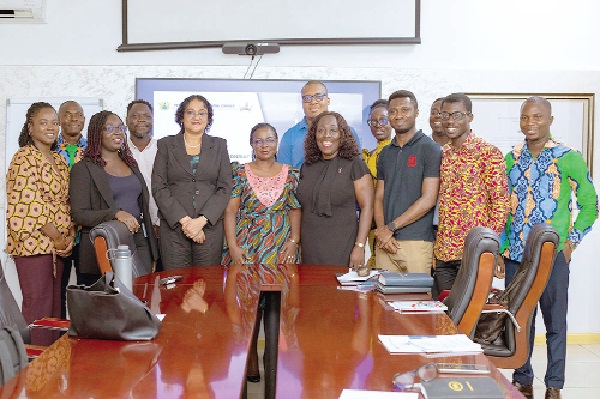The country must build a strong capacity to negotiate contracts to protect local interests while attracting more foreign direct investment (FDIs) into the economy.
The Deputy Director in charge of Contract Administration at the Petroleum Commission, Ghana, Judith Adjobah Blay, who made the call, said the global business environment was very complex and the country must, therefore, learn from its past mistakes in negotiating contracts that had not benefited it in the long run, with particular emphasis on petroleum investments, especially from the upstream industry.
Speaking at a workshop on alternative dispute resolution (ADR) by the Petroleum Commission in Accra, Ms Blay said building the capacity of local firms would help them to negotiate favourable agreements with big multinationals, by including the importance of alternative dispute resolution (ADR) clauses in contracts.
“We have opened up our economy for FDIs and we need to build strong capacity for contract negotiations in protecting our local firms,” she said.
Workshop
Dubbed “Deep dive engagement on dispute resolution”, the workshop, which was both in-person and virtual, complies with the Petroleum Commission’s mandate to promote local content and local participation in the upstream petroleum industry.
It is meant to offer alternative measures for resolving disputes in contract relations such as arbitration, mediation and negotiations.
The workshop was attended by officials of the Petroleum Commission, Tullow Ghana Ltd and Yinson Production, with more than 120 local firms joining virtually.
Speakers and discussants included the Head, Business Advisory & Enterprises Development at Petroleum Commission, Agatha Enos Armah; the Manager, Local Content at Tullow Ghana Ltd, Dr Jennifer Bruce-Konuah; an Official, Compliance Department at Yinson Production, Emmanuel Ankrah and the Legal Advisor at Tullow Ghana, Maame Esaama Orleans-Lindsay.
Commission’s mandate
Ms Blay stated that part of the functions of the Petroleum Commission was to build the capacity of local firms to participate favourably in the market.
“We often have workshops on commercial subjects, including procurement, but we have been experiencing disputes and we thought that it is crucial to deep dive into it.
“And so, we wanted to ensure that local suppliers know what they are dealing with when it comes to arbitration clauses in their contracts with the multinationals,” she said.
Scrutinise contract terms
The deputy director stated that it was essential for small businesses to scrutinise contract terms, considering their legally binding status and potential cost implications before signing them.
“We realised that most local firms, when signing a contract, often get carried away by the money involved and do not pay attention to the details, and so when disputes erupt, they find themselves wanting.
“We have had cases where contracts have been signed but in the arbitration clause, they have chosen to do the arbitration in the United Kingdom in French. In this situation, how can this small company go to the UK for arbitration; it only means that the local firm did not do thorough checks before signing the contract,” she said.
She said the commission would not relent on its mandate to regulate, manage and coordinate all activities in the upstream petroleum industry for the benefit and welfare of Ghanaians.
She added that it was committed to working with all stakeholders to ensure the equitable and sustainable development of the oil and gas resource.
